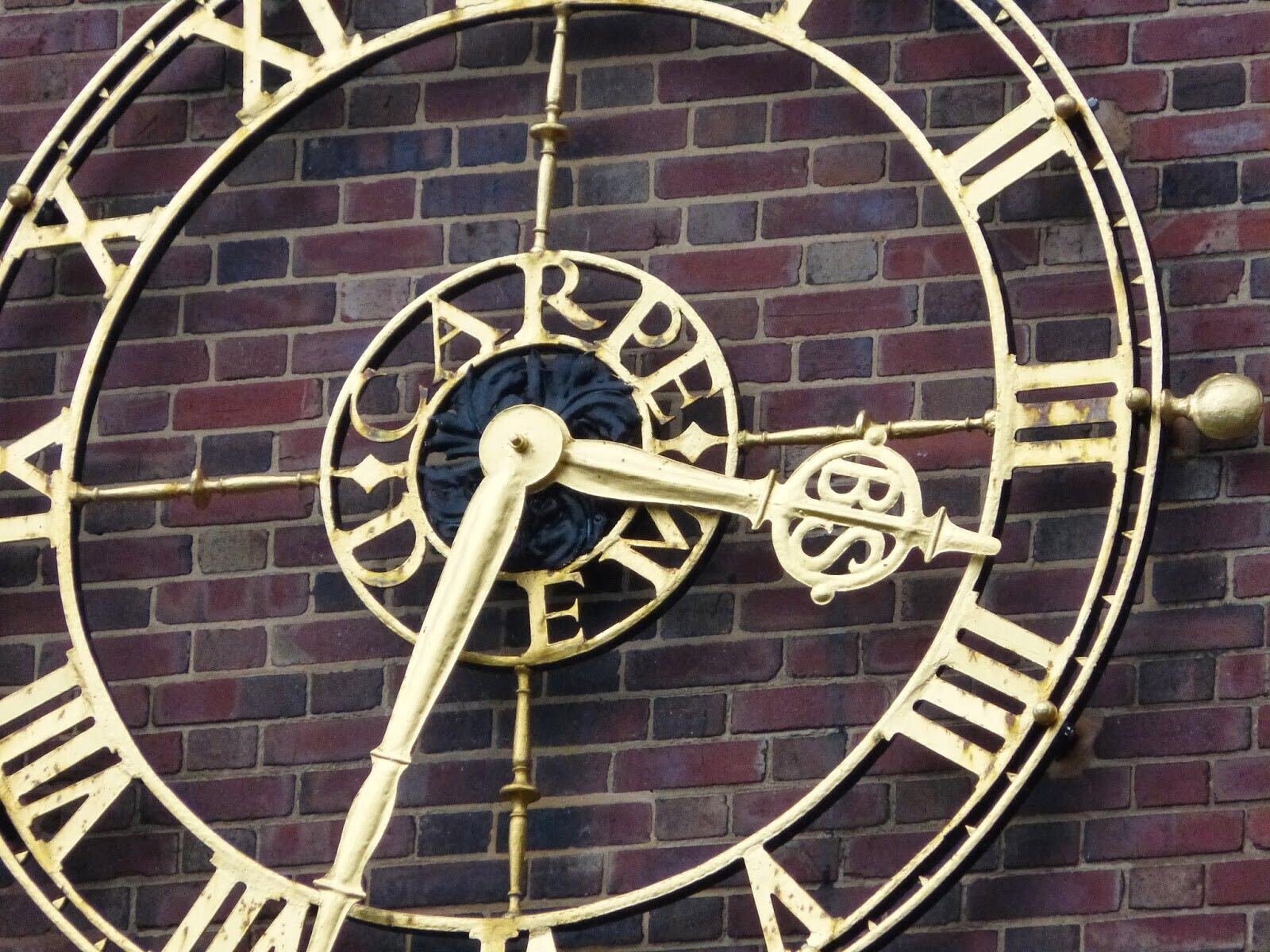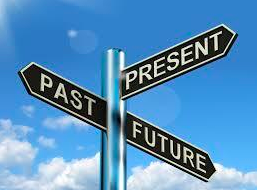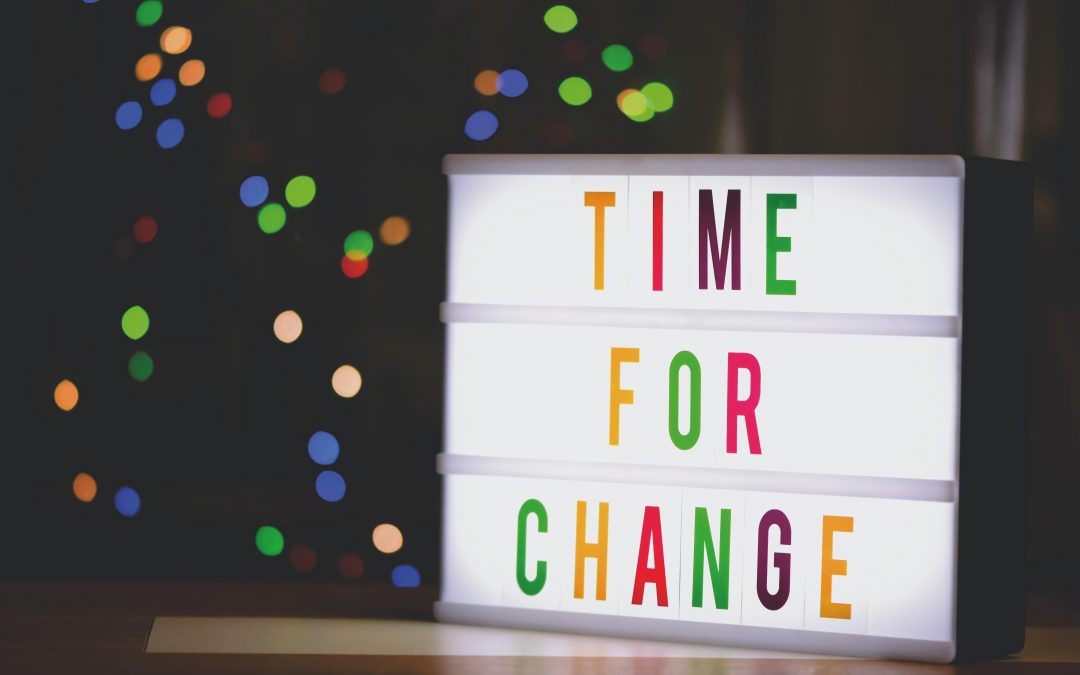As I write this I am starting the third week at home under restrictions, and as well as working on line , and engaging in Telephone Conferences through various online mediums , it has also provided the opportunity to … think , pause and consider the consequences and unintended consequences of the current pandemic on our lives , society and how we engage in work and achieve that balance in our lives in a world that is now driven by data and technology.
The other day I was looking at some pictures of late Victorian and early Edwardian places of work. They had been built and developed to provide a workforce near to the place of work. In some cases, such as Cadbury and Bournville in Birmingham, housing, open spaces and amenities were provided for the workforce and their families. The large clock on the factory tower indicated when workers were expected to start their labour and when it finished.

It provided a micro economy in the local community of shops and amenities where the workers would spend their earnings. The local schools provided an education and a future generation of workforce for the factory.
This was a general model of work and living that survived two world wars, including the Spanish flu of 1918/19, and existed into the 1980’s, when manufacturing, and heavy industries were replaced with “service industries” and technology-based businesses. Yet the “traditional” culture of work still pervades all organisations. Large buildings are built to accommodate the 21st century reiteration of the factory with the tower clock. This is premised on control and order of the business and the people engaged in it. The culture of long hours and presenteeism became “badges of productivity” amplified in the traditional form of work and the imbalance between the individual, family and leisure, became frankly out of balance!
I had personal experience of this when I was President of the Police Superintendents Association , where we recorded the long hours colleagues worked partly due to the reduction in numbers of colleagues left to do more, but it was also that pervasive culture that individuals felt to demonstrate effectiveness and leadership they needed to be there in the workplace and even more so continue that behaviour by doing even more work at home. This resulted in little work, life and wellness balance , poor health , poor relationships and poor effectiveness. If we pause and consider how this can affect organisations and businesses, this presents a risk of poor outputs, energy and a poor workforce.

Since I left the Police service and have joined EthosVO, and have had the chance to reflect and look back, I cannot help feeling that like Policing there are many organisations that for many of its functions and people can radically change and empower their people to work differently ,achieve both a work life balance , be happier and contribute more to the organisation and in the context of policing the public as a whole.
It is not simply a technology approach, of course this is a considerable enabler utilising remote connectivity, secure systems, and the ability to access data remotely is key. It is also empowering people, to live and achieve a balance in their lives that they can contribute and work effectively, allowing the opportunity for technology to improve the lives and wellbeing of people through data, and technology. It provides for many businesses to approach the contribution of the individual in a more collaborative network of ideas, innovation. We have all, I certainly have experienced, hierarchical organisations that simply do not capitalise on their most valuable asset – their people – an inclusive collaborative approach that allows individuals to co-create, innovate, tapping into the passion, ideas that are prevalent in every organisation but remain embedded within the damp proof of the hierarchy.
I have spoken to many people and organisations since we have all been forced into isolation, those that have adapted and seen the opportunities of working differently can bring, I am convinced will survive. In my judgement what isolation has allowed, is for many organisations to see the benefits moving from a “building with a clock on the top”, to a more virtual, technology enabled empowered approach to work and living well in the 21st Century.
EthosVO have been working virtually for over ten years, ensuring there is that balance between the lives and wellbeing of everyone and are improved through data, technology, inspiring new ideas working together to co-create innovative sustainable business networks to solve complex problems. Sounds interesting? Get in touch and let’s talk – [email protected]
